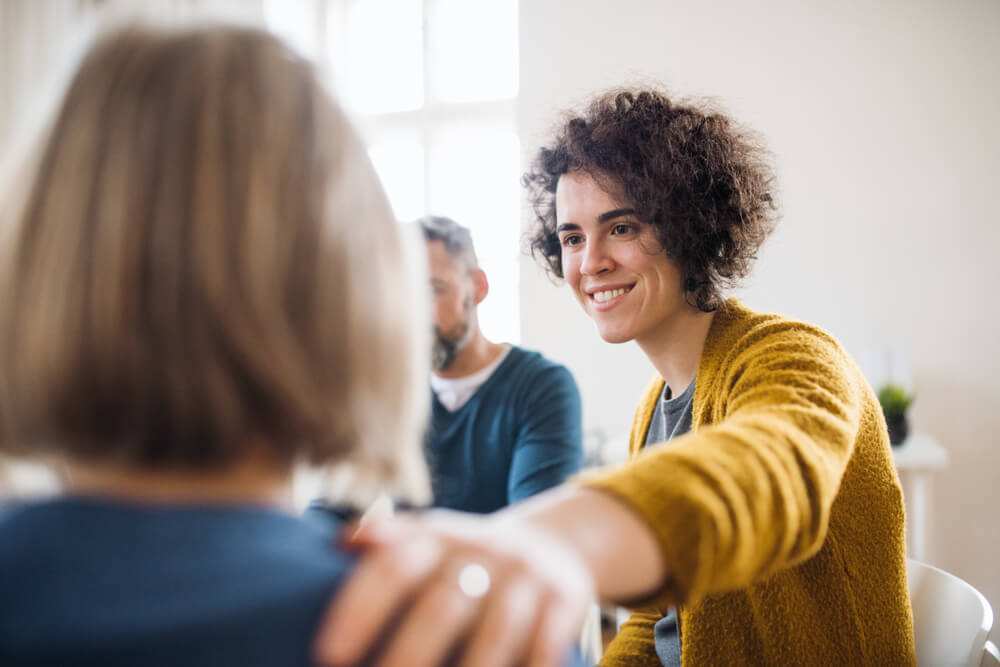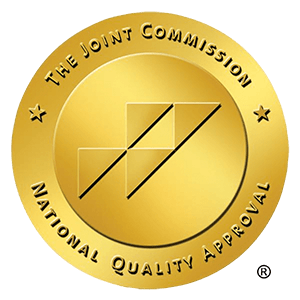In the pursuit of personal growth and mental well-being, individuals often seek out the support of therapy. While individual therapy provides a valuable space for self-reflection and introspection, the power of collective healing through group therapy should not be overlooked. In this article, we delve into the dynamic interplay between individual and group therapy sessions, exploring how they complement each other to foster profound progress and transformation. By joining a group therapy setting, individuals gain the opportunity to connect with others who share similar experiences, offering empathy, validation, and a sense of community. Together, participants navigate challenges, celebrate successes, and cultivate resilience in a supportive environment guided by skilled therapists. Through the lens of shared experiences and mutual support, we uncover the ways in which group therapy enhances and enriches the journey of individual therapy, ultimately leading to deeper insights, personal growth, and lasting healing.
Breaking Barriers: Overcoming Isolation Through Group Therapy
In a world that often feels increasingly interconnected, paradoxically, many individuals experience profound isolation and loneliness. These feelings can be particularly acute for those grappling with mental health challenges. The journey towards healing can sometimes feel like a solitary path, but group therapy offers a beacon of hope, breaking down barriers and fostering connection in unexpected ways.
The Healing Power of Connection
Group therapy disrupts this cycle of isolation by providing a space where individuals can come together, share their experiences, and connect on a profound level. Within the safety of the group, walls come down, and vulnerabilities are embraced rather than shunned. Here, individuals discover that they are not alone in their struggles, finding solace in the shared humanity of their peers.
Creating a Supportive Environment
One of the most significant benefits of group therapy is the sense of belonging it cultivates. Participants realize that their experiences, though unique, are echoed in the stories of others. This realization breeds empathy, compassion, and a deep understanding that fosters a supportive environment conducive to healing.
Shared Experiences, Shared Strengths
In a group therapy setting, individuals not only find validation for their struggles but also inspiration in the resilience of their peers. Witnessing others confront their demons, face their fears, and make strides towards healing serves as a powerful reminder of one’s own inner strength and potential for growth.
Breaking Down Stigma
Isolation is often perpetuated by societal stigma surrounding mental health issues. By coming together in a group setting, individuals challenge these stigmas head-on, normalizing conversations about mental health and demonstrating that seeking help is an act of courage, not weakness.
Beyond the Therapy Room
The connections forged in group therapy extend far beyond the confines of the therapy room. Participants often form lasting bonds built on trust, understanding, and mutual support. These connections serve as lifelines, providing ongoing encouragement and accountability long after formal therapy concludes.
Strength in Numbers: Harnessing Collective Resilience in Therapy
In the realm of therapy, the concept of resilience often takes center stage. It’s the capacity to bounce back from adversity, to weather life’s storms with grace and fortitude. While individual resilience is undoubtedly powerful, there’s another dimension to consider: collective resilience. This article explores how group therapy harnesses the strength of numbers, fostering collective resilience that accelerates healing and transformation.
The Power of Group Dynamics
Group therapy introduces a new dynamic to the concept of resilience by bringing together individuals who share similar struggles or goals. In this setting, the collective energy of the group becomes a potent force for healing. Participants draw strength from one another, finding solidarity in their shared experiences and mutual support.
Amplifying Individual Strengths
While individual therapy focuses on personal growth and introspection, group therapy amplifies these efforts by leveraging the strengths of the collective. Each member brings their unique perspective, insights, and coping strategies to the table, enriching the therapeutic process for all involved.
Shared Triumphs, Shared Resilience
In group therapy, victories are celebrated not just as individual accomplishments but as collective triumphs. When one member makes progress or achieves a breakthrough, it inspires hope and resilience in others, creating a ripple effect of positivity and motivation throughout the group.
Navigating Setbacks Together
Resilience isn’t just about bouncing back from adversity; it’s also about weathering setbacks with grace and determination. In group therapy, participants support one another through the inevitable challenges and setbacks of the healing journey, offering empathy, encouragement, and perspective when it’s needed most.
Cultivating a Culture of Empowerment
Group therapy fosters a culture of empowerment where individuals are not just recipients of support but active contributors to each other’s growth and resilience. By sharing their strengths, insights, and coping strategies, participants empower one another to face their challenges with courage and resilience.
Cultivating Empathy: The Ripple Effect of Group Therapy
Group therapy serves as a fertile ground for cultivating empathy, nurturing a ripple effect that extends far beyond the therapy room. Through shared experiences and mutual support, participants not only deepen their understanding of themselves but also develop a profound sense of empathy for others.
- Shared Stories, Shared Humanity: In group therapy, individuals share their stories, vulnerabilities, and triumphs, fostering empathy as they recognize the common threads that connect their experiences to those of their peers.
- Witnessing Growth: Seeing others confront their challenges and make strides towards healing inspires empathy and compassion, reinforcing the belief that everyone is capable of transformation.
- The Power of Validation: Offering validation and support to fellow group members creates a ripple effect of empathy, fostering a culture of kindness and understanding within the group.
- Breaking Down Barriers: Group therapy breaks down barriers and fosters connection, challenging stereotypes and stigma surrounding mental health while promoting empathy and acceptance.
As participants in group therapy cultivate empathy within themselves and extend it to others, they set in motion a ripple effect that transcends the boundaries of the therapy room.
Conclusion
Core Recovery, we believe that the integration of group therapy alongside individual therapy offers a powerful avenue for holistic healing and personal growth. By fostering a supportive environment where individuals can share experiences, learn from one another, and gain insights into their own struggles, we witness profound transformations. Our commitment to combining these therapeutic modalities reflects our dedication to fostering progress and resilience in our clients’ journeys towards emotional well-being and recovery. Together, we embark on a path of healing and empowerment, united in our pursuit of lasting positive change.


